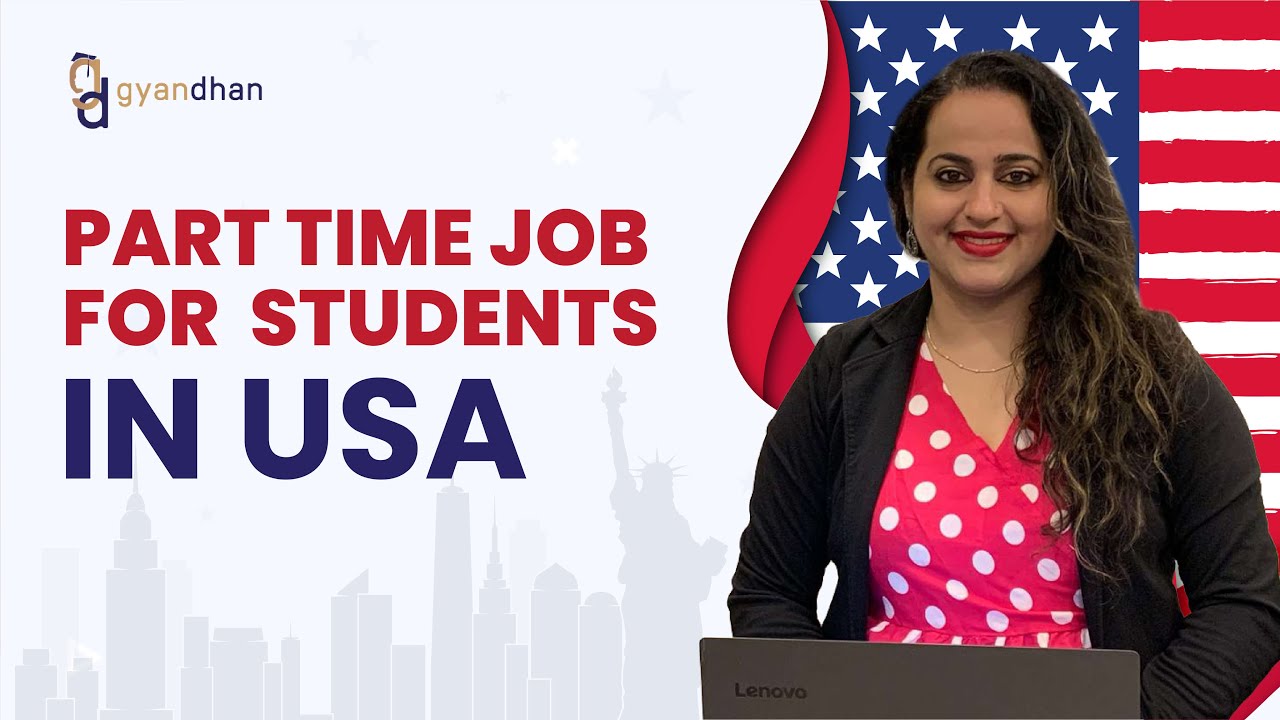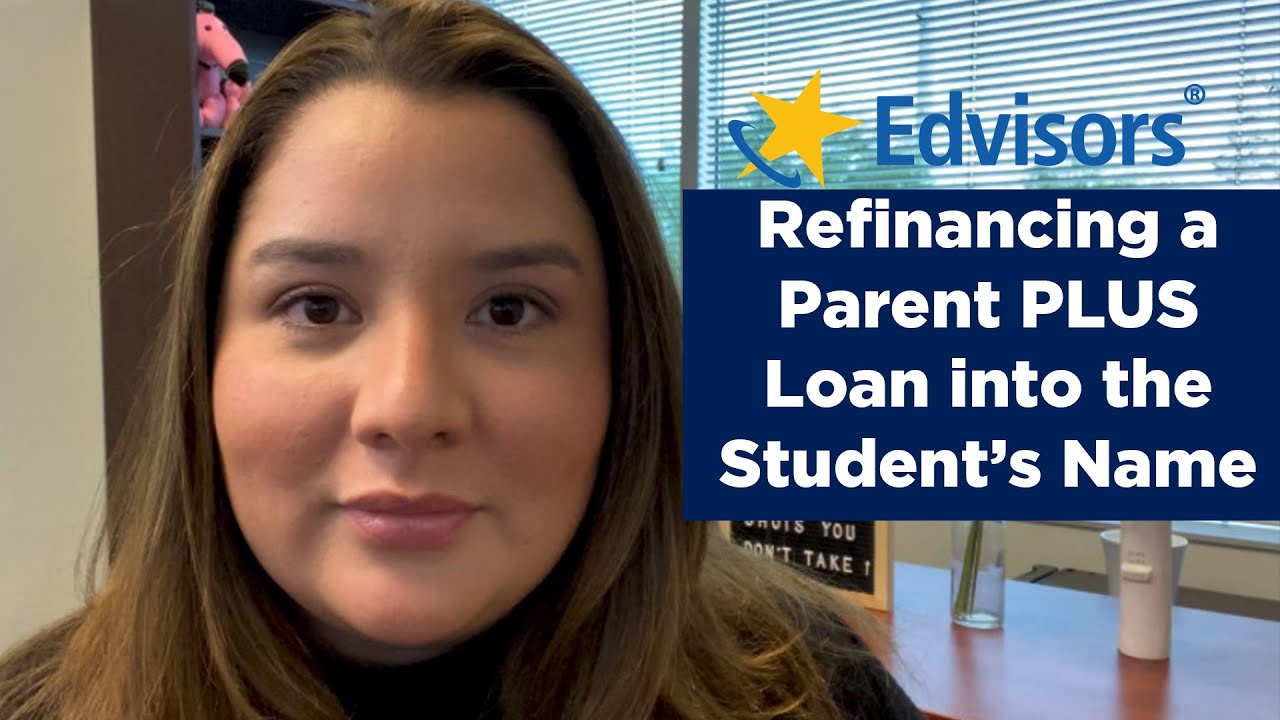There are a number of regulations about how many hours a student can work. In general, students can only work twenty hours a week. This limit includes all jobs, even those off campus. For example, if a student works two on-campus jobs, the total hours would be forty. However, a student can work up to forty hours per week if the total hours are divided evenly between the two positions.
Maximum number of hours a student worker can work per week
There are strict regulations for student employment. For example, international students cannot work more than twenty hours per week. In general, student employees are only permitted to work a maximum of twenty-five hours a week. The hours limit applies to all jobs, even if the workers work several positions at once. It is also important for the supervisor of a high-hour student worker to make sure that the employee remains in good academic standing. Full-time employment may also be granted to students on leave during term breaks or during one term each year. Summer term is also considered a term for this purpose.
Student employees can work a maximum of twenty hours per week during the academic school year. These hours may be split between two jobs or one job and cannot exceed the maximum allowed by the law. For example, a student working in the residence halls can work up to fifteen hours per week in a second student worker position. During the Fall and Spring semesters, international students may work up to twenty hours per week while on academic probation. Students may also work up to thirty hours per week in an internship or other employment that does not require a degree.
The maximum number of hours a student worker can work every week will depend on the employer. Generally, student workers cannot work overtime, but are allowed to work up to forty hours per week during school breaks. Students who work more than forty hours per week are expected to receive 1.5 times their regular pay. However, it is important to note that a student worker must notify their supervisor if they are going to miss a shift or will be tardy. This way, the supervisor can help them plan accordingly.
The maximum number of hours a student worker can work each week varies based on the employer. While students can work up to twenty hours during the academic year, they are not permitted to work more than forty-five hours a week during the summer months. They should be provided with one fifteen-minute break before each four-hour shift. Additionally, a student is not allowed to work overtime if the job does not require a break period.
If the maximum hours per week are too high for a student worker, the student or supervisor must monitor their work. The supervisor is ultimately responsible for monitoring the hours worked by a student. If the policy is not followed, a student may be fired. This is not the case for stipend-paying student employees. In general, non-stipend-paying student employees work between eight and twelve hours a week.
School hours for minors
In general, school hours for minors are from 7 p.m. to 6 a.m. except for times when summer break is in effect. Workers in factories may work until 6 a.m., and other exceptions are allowed during non-school days or during the summer. After school hours can also be as late as 11:30 p.m., but there’s no need to worry about a parent getting upset.
The law also limits the hours minors can work. While it varies by state, the maximum hours for minors to work are six a.m. on school days, and 10 p.m. on non-school days. Employers must post the schedules of minors in the workplace and must include the hours minors can work. They must also include the time allocated for meals. In most cases, minors cannot work more than eight hours a week and must be supervised by an adult.
For a minor under the age of 16, working hours can’t exceed nine hours per day. It’s also illegal to work more than forty hours in a week. Teenagers who work during school days must be at work from 7 a.m. to 7 p.m. During summer break, minors may work as late as nine p.m. The law is not strict about the hours that minors may work, but there are some exceptions.
Although some states allow minors to work after the age of 18 are allowed to work in restaurants and racetracks, they must be under direct supervision by an adult or be under immediate supervision. Minors must also be supervised at all times when working after 8 p.m. at least in an enclosed mall. It is also illegal for minors to work after midnight unless they have an adult supervisor. If a minor works after hours of eight to six p.m., he or she must be at least within the common area of the mall.
Some states also require that employers display a poster detailing the hours that teens can work. This poster must be displayed in a visible place in every workplace. The poster explains work restrictions and breaks for minors. It also describes specific requirements for students who have dropped out of school or those who have high school equivalency. The Indiana Department Of Workforce Development offers an all-in-one poster that contains the details of these regulations.
Regulations for working off-campus
Students who are in the United States for study must comply with immigration regulations, including working off-campus regulations. Generally, the student must first obtain permission from his or her school’s Designated Student Officer or U.S. Citizenship and Immigration Services (USCIS) before working off-campus. This permission must be documented and in writing. To qualify for this permission, a student must be an F-1 student for nine months. Prior to nine months, students are not allowed to work off-campus. However, once the student reaches this milestone, he or she is allowed to work off-campus during school breaks and holidays.
The ISS does not have authority to approve or deny any student employment, but it can provide information about off-campus employment. Students concerned about their employment should read information about different visa types and their limits. Also, they should consult their primary ISS adviser to ensure that they are not exceeding the maximum amount of hours they are permitted to work during the school year. Listed below are some of the restrictions for working off-campus.
Students are allowed to work 50% time during the academic term and full time during the academic break. During the academic year, students may not work off-campus unless they have special authorization from the school. In addition to teaching assistantships, research assistantships, library aides, and other on-campus jobs, students can also work for commercial firms. Commercial companies are also permitted to hire students, but they must follow specific rules.
Students who are in the country on an F-1 visa can work off-campus if they can show the employer that the work is directly related to their major. For M-1 visa students, this means practical training following the completion of their studies. They must obtain permission from the Designated School Official, a person responsible for maintaining the Student and Exchange Visitor Information System at USCIS. Further, students who are in the United States on an F-1 student visa may not work off-campus without prior authorization.
Off-campus employment is permitted only for international F-1 visa students. However, students with an F-1 visa can work up to twenty hours per week during the school year and full-time during the summer. Moreover, students completing a Certificate for International Students cannot work off-campus. They should contact their school for further details. They can also apply for an OPT extension. They can obtain a Social Security Number within a month of starting employment.
F-1 students can apply for work authorization through the Economic Hardship Employment benefit if they are experiencing an unforeseen financial hardship. Economic Hardship is defined as a financial hardship caused by currency fluctuation, unexpected medical expenses, or changes in a student’s sponsor’s financial situation. For students applying for an OPT, it is important to understand that obtaining an SSN requires comprehensive documentation and submitting an application to USCIS. Applicants should check with their International Student Counselor for more information.



